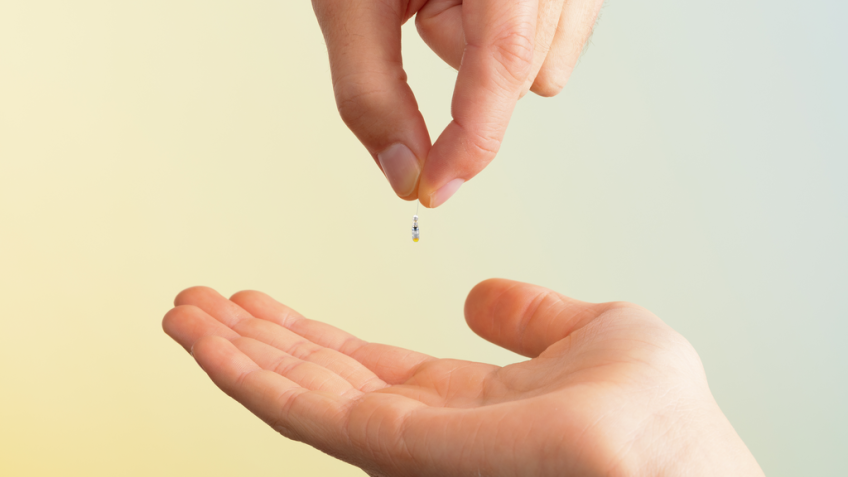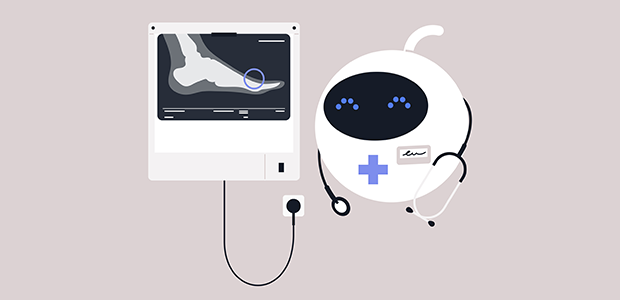
Top 5 medtech startups with their fingers on the pulse
In an era of unparalleled technological advancement, the intersection of medicine and technology has given rise to a new wave of innovation in the healthcare industry. Medtech startups, with groundbreaking ideas and cutting-edge solutions, are leading the charge in transforming patient care, diagnosis, treatment, and overall healthcare experiences.
In this article, we delve into the world of medical technology and showcase the top 5 medtech startups that are ready to revolutionise the way we approach health and wellness. From AI-powered tools, to using technology to treat depression, these startups are not just changing the landscape of healthcare, they are redefining it.
BiVACOR
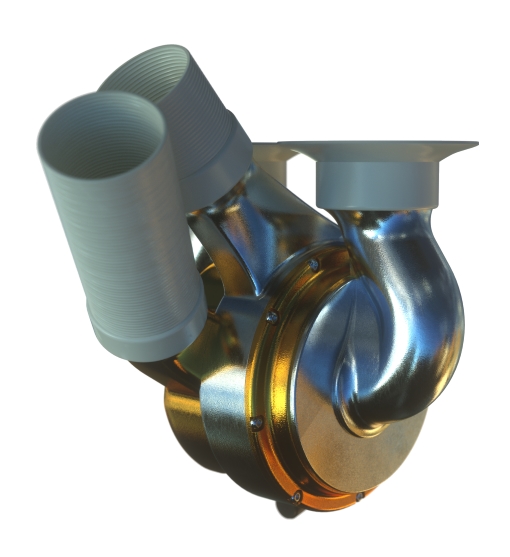
BiVACOR is a medtech startup, which was founded and headquartered in Houston, Texas. The startup has created a totally artificial heart which is designed to take over the complete function of a patient’s failing heart.
Heart failure impacts over 300,000 Australians, and 11 million people in the US and Europe, with an incidence of 1.1 million new cases per year. Current growth rates predict a 25% increase in the incidence of heart failure by 2030. While heart transplants meet the needs of those with heart failure, only 4000 donor hearts are available globally each year. This is where BiVACOR come in.
The BiVacor Total Artificial Heart (TAH) is meant to be the first long-term therapy for people with severe biventricular heart failure. The creators based it on rotary blood pump technology. The design includes left and right vanes positioned on a common rotor to form the only moving part, a magnetically suspended double-sided centrifugal impeller. The non-contact, magnetic suspension provides large blood gaps minimising blood trauma. As well as this, it limits mechanical wear to make the artificial heart more durable, reliable and biocompatible.
Flow Neuroscience
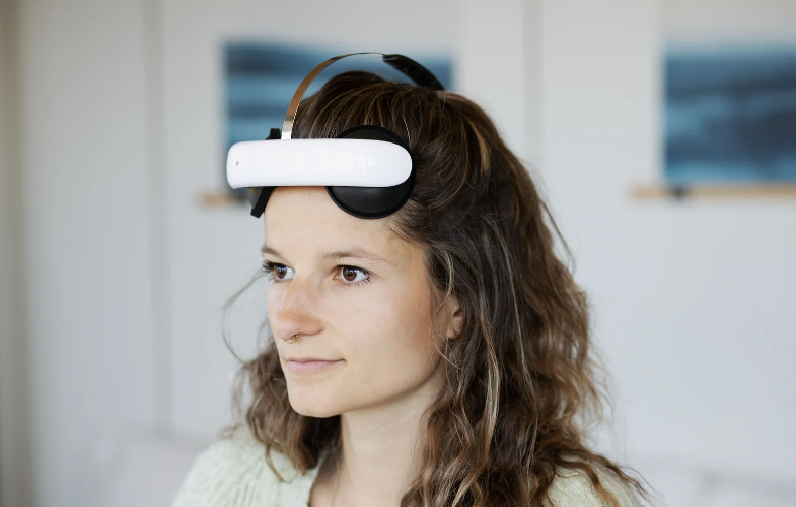
Flow Neuroscience is a Swedish medtech startup that was founded in 2016. Its mission is to find new ways of treating mental health issues by using science and technology. Flow Neuroscience achieve this by applying scientifically validated psychology, neuroscience and technology to an effective and affordable treatment solution, called Flow. The startup aims to fill the treatment gap between medication and therapy, with the Flow headset solution, being a drug-free, at-home approved transcranial direct current stimulation (tDCS) depression treatment.
When a person experiences depression, there are lower levels of activity in the front area of your brain. This is the part responsible for regulating mood, sleep and motivation. The brain runs on electricity; Flow sends gentle electrical impulses into the area that has slowed down. This gets cells firing again and reduces your symptoms of depression.
Flow Neuroscience is treating depression via its unique headset that delivers gentle electrical impulses to the head. According to the startup, 88% of people see results within three weeks of using the device. In May this year, the NHS began testing the device on its patients.
FundamentalVR
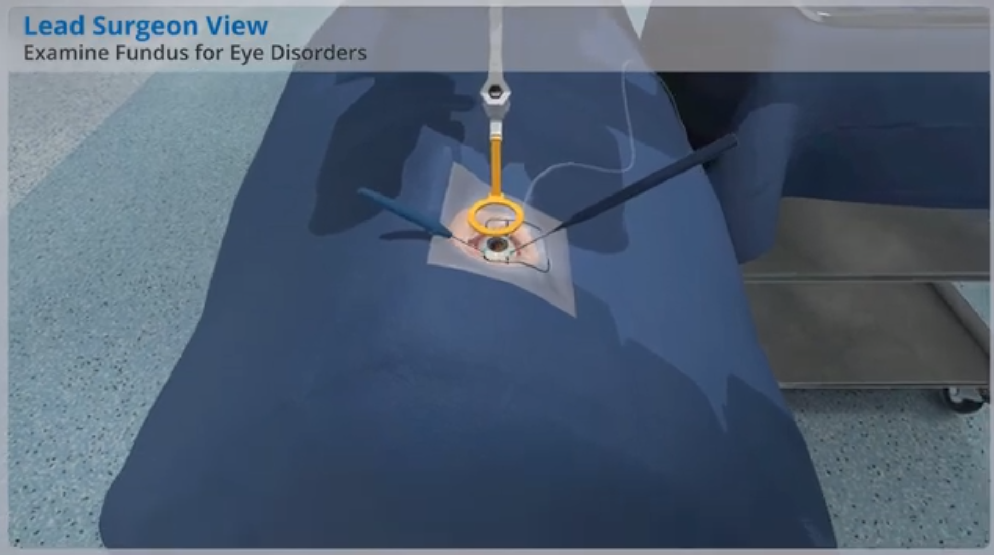
FundamentalVR was founded in London in 2012. FundamentalVR is working at the intersection of immersive technology, haptics, and machine learning. The startup believes that immersive technologies can change the human and computing interface forever.
Its SaaS platform, Fundamental Surgery, combines blended VR with the sense-of-touch haptics to enable medical professionals, specifically surgeons, to access training to do with orthopaedic joint and spine procedures, anterior total hip replacement, total knee replacement (TKA) and facetectomies, and the list is ever-growing and developing.
At the heart of the company’s Fundamental Surgery platform is its HapticVR, which makes virtual procedures more life-like through physical sensory feedback. HapticVR is compatible with numerous handheld devices, including haptic gloves and purpose-built controllers.
Robeauté
Robeauté is a medtech startup based in Paris, France. The company is developing a 1.8mm micro-robot to diagnose and manage brain disease, with minimal invasiveness. The modular medical device is a standard carrier with multiple extensions, allowing the device to adapt to different medical indications through AI. It has been designed specifically for the brain, where the microrobot will be able to freely navigate this complex region of the body to perform biopsies, collect precise anatomically localised data and deliver therapies on site, at the correct dosage.
The startup is trailblazing the major shift from robotic surgery to microrobotic surgery, which aims to have greater precision, better results and enable bold new therapies to tackle global diseases.
Volta Medical
Volta Medical Volta Medical is a data-inspired, AI Solutions Electrophysiology company, whose mission is to aid in the treatment of complex heart rhythm disease. The startup was founded in 2016 in Marseille, France by a data scientist and three electrophysiologists.
The startup is developing AI solutions to assist electrophysiologists in treating complex cardiac arrhythmias such as atrial fibrillation. Its software solutions use machine and deep learning algorithms to assist operators during cardiac ablation procedures.
Volta Medical’s first medical device, VX1, consists of a cue-giving interface designed to facilitate the identification of abnormal electrograms during ablation of complex arrhythmias such as atrial fibrillation. With VX1, operators keep their go-to navigation system and catheters. The VX1 real-time analysis algorithm was trained on carefully curated databases of annotated intra-cardiac electrograms. This allows cardiologists to more accurately perform ablation procedures.
Conclusion
As we stand on the cusp of a healthcare revolution, these five medtech startups are inspiring change, fostering innovation, and challenging what we once thought was possible. Their dedication to merging technology and medicine offers a glimpse into a future where healthcare is more personalised, accessible, and effective than ever before.
The medtech sector is a fascinating one that is constantly marrying medicine and technology, and these five startups are by no means the only ones making a drastic change in the medical space. We look forward to what the future of the medtech industry will bring to patients across the globe in the coming years.
